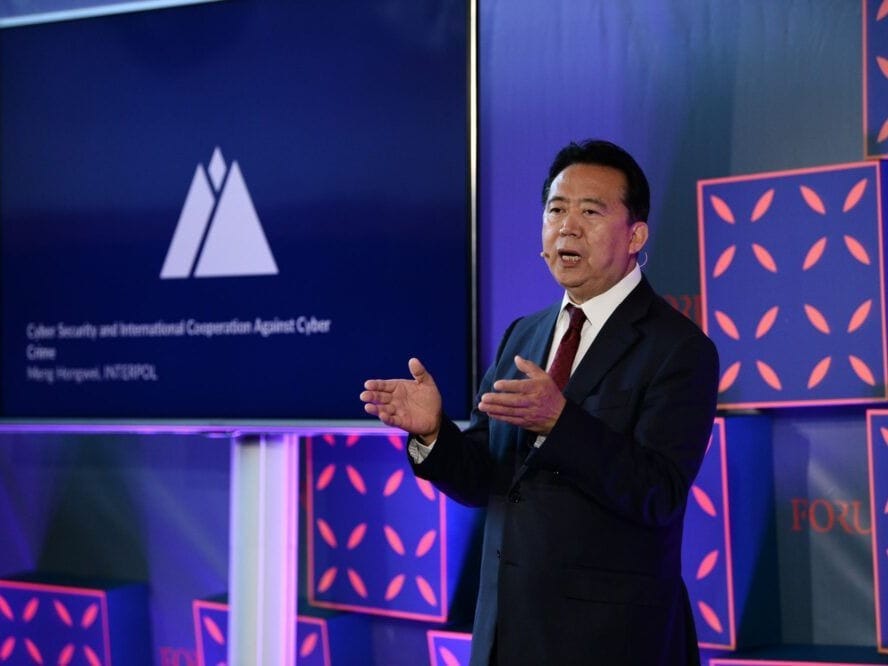The world's largest international police organization usually spends its time searching for missing or wanted people. This time, the mystery at Interpol is a bit more personal: its own president went missing.
Meng Hongwei, a Chinese vice minister of public security who was elected president of Interpol from 2016 to 2020, has not been seen or heard from by his wife and children since he left their home in Lyon, France, where Interpol is based, on September 29 on a trip to his native China.







